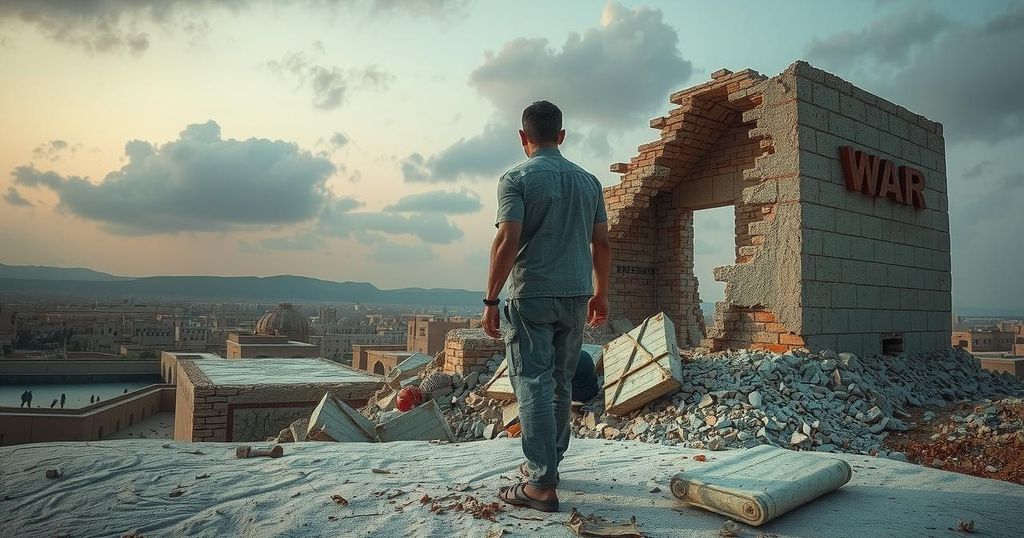Bashir Abazayd is regarded as the trigger for the Syrian uprising, which arose from a simple act of anti-government graffiti in Daraa. This act of defiance marked the beginning of a bloody civil war fueled by demands for democracy, escalating violence, and significant foreign involvement. The aftermath has resulted in widespread destruction and loss of life across Syria, fundamentally altering the Middle East.
Bashir Abazayd, a Syrian national, is widely acknowledged as the catalyst for the Syrian uprising against President Bashar al-Assad’s regime. What began as a youthful act of defiance in Daraa sparked a devastating conflict that transformed the nation and reshaped the Middle East. His actions ignited a rebellion that escalated into one of the most tragic civil wars of the 21st century.
In early 2011, Abazayd was accused of spray-painting anti-government slogans on a school wall in Daraa. The graffiti, which boldly read, “It’s your turn, doctor. Freedom,” was a response to the oppressive conditions under the Assad regime, led by a president entrenched in power for over forty years. This act echoed the sentiments of the Arab Spring movements sweeping the region.
Initially denying his involvement, Abazayd eventually acknowledged his role in the graffiti, attributing his actions to the rising demands for reform inspired by regional uprisings. Though there are no official records of his detention, reports indicate that he was among the 16 boys arrested in connection with these events. The conflict accelerated dramatically after security forces opened fire on peaceful protesters, marking a critical turning point in the uprising.
The months following this initial violence saw widespread demonstrations across Syria, intensifying the struggle against the Assad regime. In response, the regime unleashed excessive force, leading to a full-blown civil war, with various factions, including foreign powers and militias, becoming involved. The complexity of the conflict grew as the Islamic State also emerged as a player in this chaotic situation.
Reflecting on the initial days of the uprising, Abazayd expressed a sense of optimism, underscoring the discussions about democracy and governance that filled the air. He noted, “We started to have these deep conversations about democracy, about the shape of the state, about the regime.” Unfortunately, this optimism was overshadowed by escalating violence and foreign interventions.
Amid foreign involvement, the U.S., Gulf nations, and Turkey began supporting rebel forces, while Russia and Iran backed Assad’s regime. Despite these efforts, the war worsened, resulting in immense loss of life and displacement among Syrians. By 2018, Assad’s forces regained control of Daraa, marking a significant shift in the conflict’s trajectory and signaling a loss of hope for many who had sought change.
Bashir Abazayd stands as a significant figure in the chronicles of the Syrian uprising, whose actions catalyzed a movement for democracy that ultimately spiraled into a devastating civil war. His initial call for freedom resonated deeply, igniting widespread protests that were met with tragic violence. The resulting conflict, further complicated by foreign interventions, has devastated Syria and its people, continuing to leave a profound mark on the region.
Original Source: www.newsx.com




